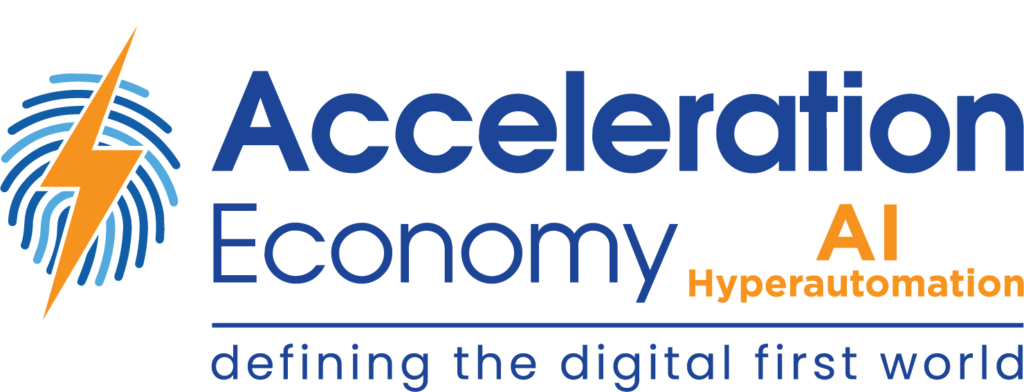In episode 86 of the AI/Hyperautomation Minute, Aaron Back discusses the muddy waters of ethical artificial intelligence (AI), using a case with audiobook narrators as an example of why explainable AI is critical in contracts.
This episode is sponsored by Acceleration Economy’s Digital CIO Summit, taking place April 4-6. Register for the free event here. Tune in to the event to hear from CIO practitioners discuss their modernization and growth strategies.
Highlights
00:43 — Audiobooks are commonly narrated by the author or a voice actor. Recently, a few audiobook narrators have noticed a clause in their contracts with the audio recording distributor that involves the rights to use audiobooks for AI and machine learning (ML) training and models.
01:50 — There has been a lot of buzz lately about generative AI due to developments such as ChatGPT. However, generative AI can be used in more ways than just text-based input and output. It’s also being used for image, video, and audio creation as it learns from the data inputs.
02:21 — In the case of audiobook narrators, their voices are captured and that recorded audio is used to train AI and ML models. Then, those trained models are used to create synthetic narrations of audiobooks.
02:42 — Although listeners may not care about who or what is narrating the audiobook, this is a significant problem for those who make a living from narrating books. So, these audiobook narrators are raising the issue that the copyright should just be for the audiobook production — not for their voice, as the narrators are claiming that this is illegal.
03:10 — Aaron raises the importance of ethical AI. Tightly coupled with ethical AI is explainable AI, as there should be a balance between the technical explanations and the business explanations. Those on the business side need to have a clear, understandable explanation of what the AI models are doing. This involves the inputs, the parameters, and the outputs as well as how it arrived at those outputs.
04:18 — Unfortunately, this is where companies are falling short when it comes to explaining their AI usage — bypassing ethical AI. “If you’re creating and using AI models that ingest data from multiple third-party sources, and your intentions are to use this AI, it needs to be clearly outlined in simple terms and not hidden behind technical or legal jargon,” Aaron challenges.
04:53 — He also encourages people to triple-check any contracts that involve any digital use rights to anything — text, voice, video, etc. — because you never know what could be buried in a contract.
05:16 — AI is super powerful and there are many capabilities surfacing with more innovative developments. There’s even stronger power in people plus technology.
Looking for real-world insights into artificial intelligence and hyperautomation? Subscribe to the AI and Hyperautomation channel:








